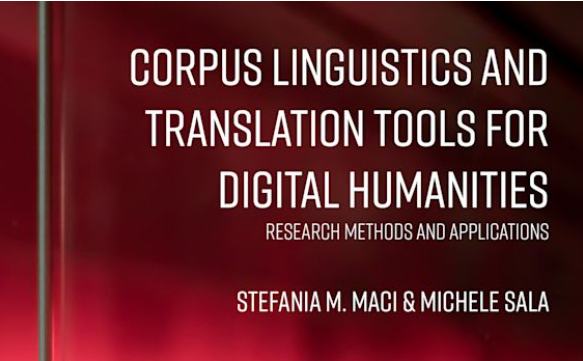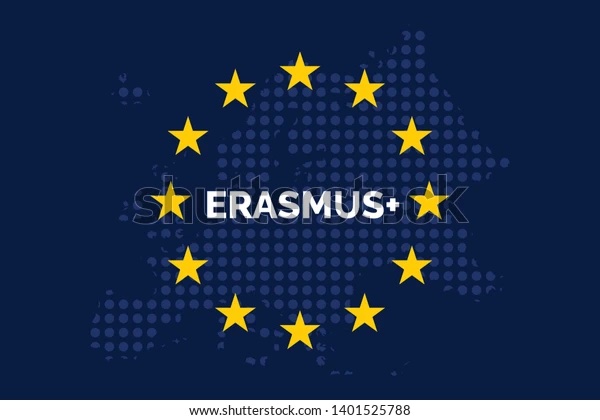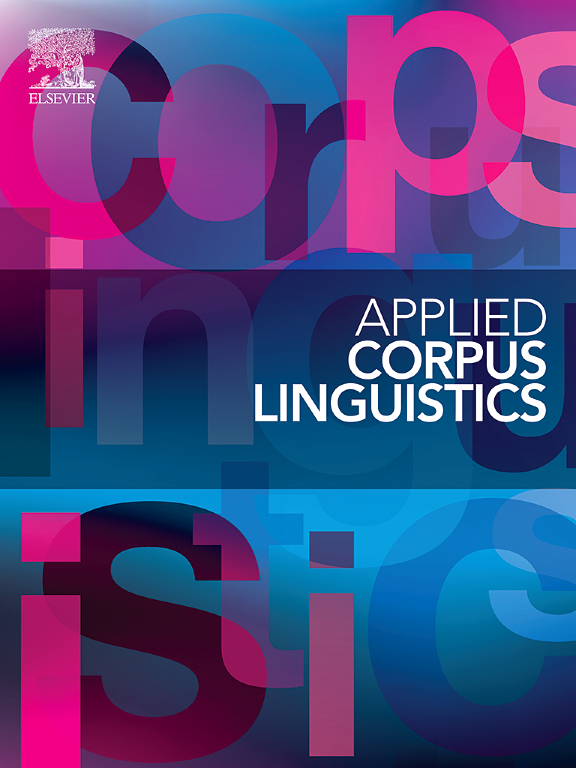Description
Presenting the digital humanities as both a domain of practice and as a set of methodological approaches to be applied to corpus linguistics and translation, chapters in this volume provide a novel and original framework to triangulate research for pursuing both scientific and educational goals within the digital humanities. They also highlight more broadly the importance of data triangulation in corpus linguistics and translation studies.
Putting forward practical applications for digging into data, this book is a detailed examination of how to integrate quantitative and qualitative approaches through case studies, sample analysis and practical examples.
1. Corpus linguistics and translation tools for digital humanities: An introduction, Michele Sala and Stefania M. MaciPart One. Corpus Linguistics for Digital Humanities: Research Methods and Applications
2. Digital Humanities: An adaptive theory approach, Paola Catenaccio3. Comparable corpora in cross-cultural genre studies: Tools for the analysis of CSR reports, Marina Bondi[bg_collapse view=”link” color=”#1d34a3″ expand_text=”Show More” collapse_text=”Show Less” ]
4. Applying a corpus-driven approach in linguistic analyses: The case of lexical bundles and phrase frames, Miguel Fuster Márquez5. Data triangulation using Sketch Engine and WMatrix: Ketogenic diet on Twitter, Stefania M. Maci
Part Two. Translation for Digital Humanities: Research Methods and Applications6. The legal translator as a digital humanist: On the use of digital corpora in professional legal translation, Patrizia Anesa
7. A comparative study of emotive language in English and Italian migrant narratives, Cinzia Spinzi and Anouska Zummo8. Learning analytics at the service of interpreter training in academic curricula, Francesca Bianchi, Davide Taibi, Philipp Kemkes and Ivana Marenzi9. Exploring the construction and translation of film characters through a parallel corpus: The case of Little Women adaptations, Gianmarco Vignozzi10. Subtitling in the digital era: TV crime drama series in domestic languages, Alessandra Rizzo[/bg_collapse]
About the contributors
Stefania M. Maci
Stefania Maci is Professor of English Language at the Department of Foreign Languages, Literatures and Cultures (University of Bergamo, Italy).
Michele Sala
Michele Sala is Associate Professor of English Language at the Department of Foreign Languages, Literatures and Cultures (University of Bergamo, Italy).
Reviews
A timely, innovative book on the analysis of text and corpora in digital humanities bringing together a number of thoughtful contributions from corpus methodologies, discourse analysis and translation studies.
This Volume Addresses a critical gap by bringing together three major research domains: translation studies, digital humanities and corpus linguistics. As such, it will be an important tool for students and researchers in all three areas to better understand the (potential) intersections between them in both theoretical and practical terms.




